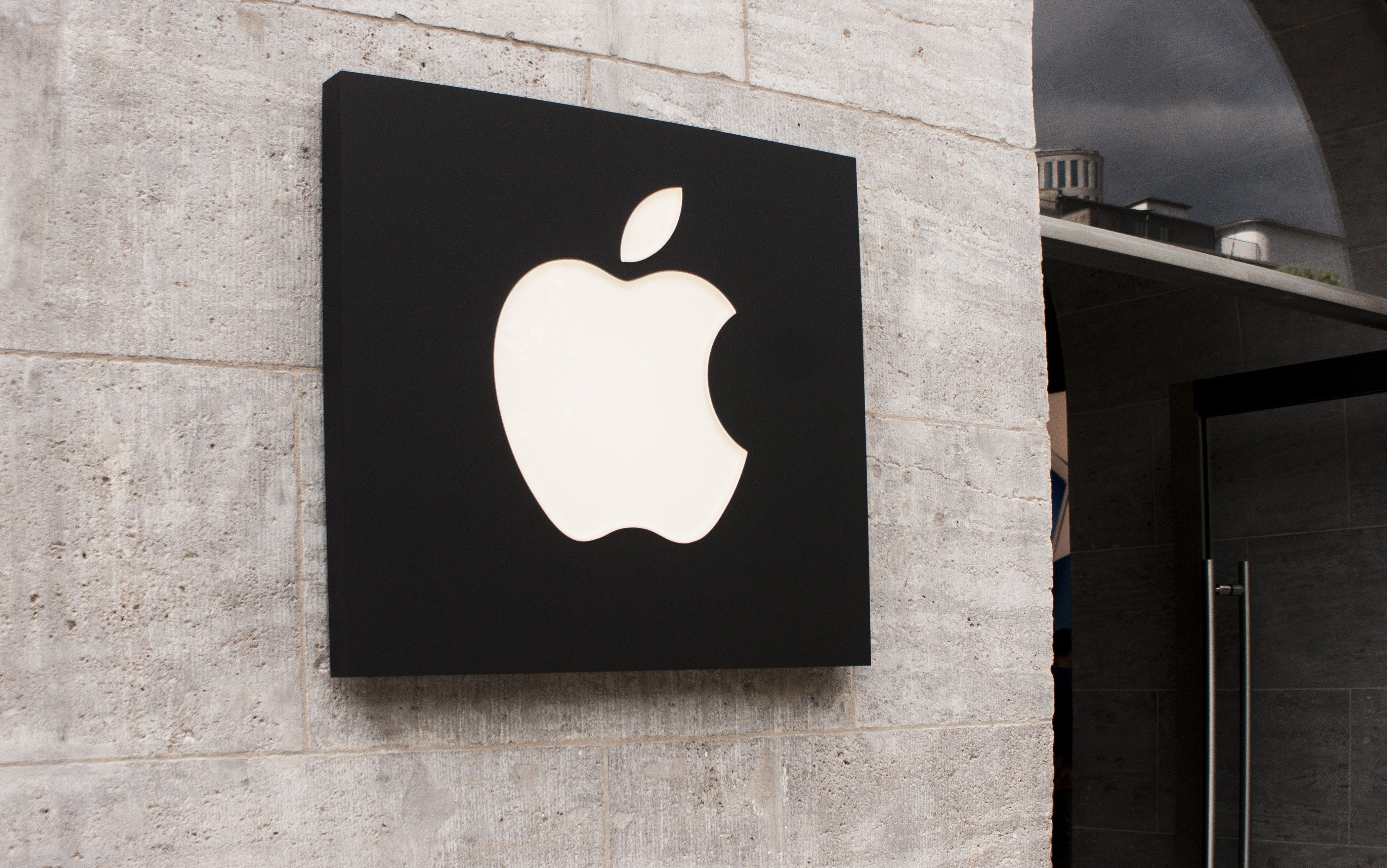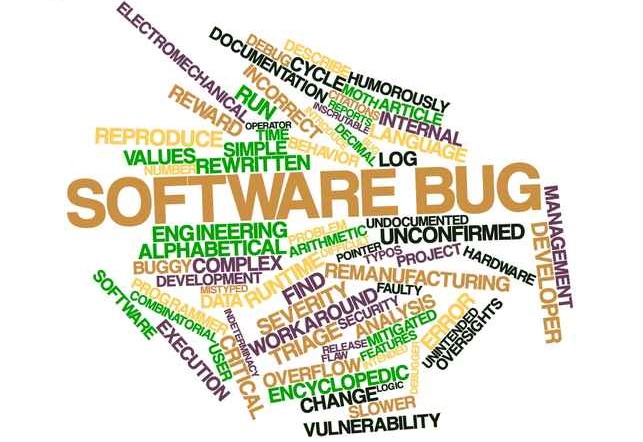Mac OS X gets first ever crimeware kit
Mac OS X users are being targeted by the first ever crimeware created for the operating system.


The first ever crimeware kit targeting Apple's Mac OS X has been spotted, featuring stark similarities to the popular Zeus toolset targeting Windows PCs.
The DIY kit can grab forms from Firefox running on the Apple OS, meaning passwords could be taken, alongside other information the victim types in the browser, Danish security firm CSIS reported.
Consisting of a builder and an admin panel, the kit has been advertised on a number of closed underground forums.
"The kit is being sold under the name Weyland-Yutani BOT and it is the first of its kind to hit the Mac OS platform. Apparently, a dedicated iPad and Linux release are under preparation as well," said Peter Kruse, partner and security specialist at CSIS, in a blog post.
Kruse said the kit only enabled web injects and form grabbing in Firefox at the current time, but warned both Chrome and Safari "will soon follow."
"CSIS finds this crimekit to be quite disturbing news since Mac OS previously to some degree has been spared from the increasing amount of malware which has haunted Windows-based systems for years," he added.
"This could have resulted in a false sense of security that might make Mac OS user especially vulnerable to a sudden and highly sophisticated attack."
Get the ITPro daily newsletter
Sign up today and you will receive a free copy of our Future Focus 2025 report - the leading guidance on AI, cybersecurity and other IT challenges as per 700+ senior executives
Mac issues
Mac users can expect increasing numbers of attacks in the future as hackers look towards a wider range of platforms, according to experts.
Sophos today warned of a poisoned Google SEO attack affecting both Mac and Windows users.
A number of search terms have been targeted, including ones based around global warming and more current topics like Osama bin Laden's death, attempting to lure users into downloading a fake anti-virus program called MacDefender.
Even after infection, the user will be repeatedly bombarded with fake warning messages to encourage them to pay for non-existent threats to be removed, Sophos said.
Tom Brewster is currently an associate editor at Forbes and an award-winning journalist who covers cyber security, surveillance, and privacy. Starting his career at ITPro as a staff writer and working up to a senior staff writer role, Tom has been covering the tech industry for more than ten years and is considered one of the leading journalists in his specialism.
He is a proud alum of the University of Sheffield where he secured an undergraduate degree in English Literature before undertaking a certification from General Assembly in web development.
-
 Cleo attack victim list grows as Hertz confirms customer data stolen
Cleo attack victim list grows as Hertz confirms customer data stolenNews Hertz has confirmed it suffered a data breach as a result of the Cleo zero-day vulnerability in late 2024, with the car rental giant warning that customer data was stolen.
By Ross Kelly
-
 Lateral moves in tech: Why leaders should support employee mobility
Lateral moves in tech: Why leaders should support employee mobilityIn-depth Encouraging staff to switch roles can have long-term benefits for skills in the tech sector
By Keri Allan
-
 Common malware slipped past the macOS notarization process twice
Common malware slipped past the macOS notarization process twiceNews Apple immediately revoked the notarization, but the adware slipped through again
By Justin Cupler
-
 Mac and Android malware on the rise, reports show
Mac and Android malware on the rise, reports showNews New research suggest that malware for the two device families has spiked over the past year
By Adam Shepherd
-
 Mac malware Eleanor hijacks your local files and email
Mac malware Eleanor hijacks your local files and emailNews Malicious code masquerades as file converter
By Aaron Lee
-
 Apple-certified ransomware affected fewer than 7,000 computers
Apple-certified ransomware affected fewer than 7,000 computersNews Downloads of KeRanger-infected Transmission BitTorrent client less widespread than feared
By Jane McCallion
-
 17,000 Macs hit by hackers via Reddit
17,000 Macs hit by hackers via RedditNews The criminals infected the Apple computers with malware called Mac.BackDoor.iWorm
By Clare Hopping
-
 Shellshock: Apple rolls out OS X patches for Bash bug
Shellshock: Apple rolls out OS X patches for Bash bugNews “Safe by Default” Macs get patched just in case
By Rene Millman
-
 Calls for Java overhaul grow as more security flaws emerge
Calls for Java overhaul grow as more security flaws emergeNews Security experts suggest problems in the development cycle of Java could be to blame for recent security woes.
By Caroline Donnelly
-
 Adobe unveils Flash Player security update
Adobe unveils Flash Player security updateNews Software vendor to plug security holes in media player with latest product update.
By Rene Millman